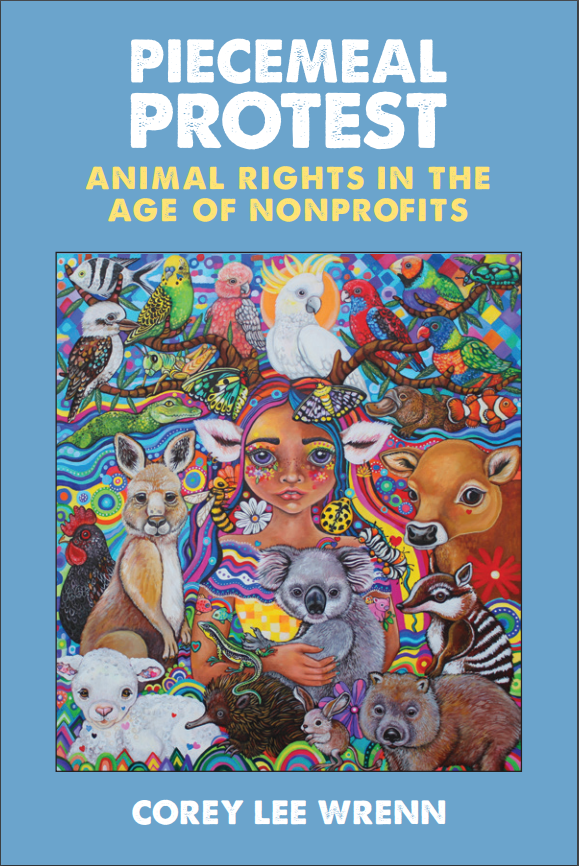
In 2014, the home of infamous serial killer Jeffrey Dahmer went on the market. This sale was understandably a contentious one. Seventeen boys and men, many of whom were children, gay, prostituted, and/or persons of color were raped, tortured, killed, and sometimes eaten by Dahmer at the site. Twenty-five years later, People for the Ethical Treatment of Animals (PETA) made a bid to purchase it. PETA planned to transform this site of serial killings into a vegan restaurant, making “good out of evil” and turning the building into “the site of a celebration of culinary compassion.”
PETA’s “any attention is good attention” strategy, however unfounded, is at play here. There are, of course, any number of sites of violence that might be transformed. PETA clearly chose the Dahmer home due to its notoriety. It was also likely chosen due to the minoritized sexuality of the victims: exploiting the notoriety of violence against the LGBTQ+ community is likely to meet less resistance. The public’s voyeuristic fascination with the murders is rooted in heterosexism, as is PETA’s crass exploitation of it.
Dahmer’s home is not just a site of incredible violence; it is a site of incredible violence against marginalized groups. Heterosexism, racism, and classism allowed for Dahmer’s prolific killing. Local authorities have been criticized for not acting sooner. Missing person reports made by the victims’ family and friends went unheeded, as the victims were deemed “low priority” minorities.
PETA has a history of offending vulnerable groups and undermining potential alliances across social justice movements with similarly offensive tactics. These include protesters dressing as Ku Klux Klan members to protest dog shows as well as media campaigns making crude comparisons with the Holocaust, mocking fat women, and sexually objectifying women.
By exploiting the systemic violence enacted by the dominant class on the most marginalized human groups, activists only reinforce veganism as a practice of that dominant class. Intersectionally-failed tactics obscure veganism’s potential to serve as a radical politic for the liberation of all.
An earlier version of this essay was published on April 15, 2014.
 Readers can learn more about the social movement politics of Nonhuman Animal rights and veganism in my 2019 publication, Piecemeal Protest: Animal Rights in the Age of Nonprofits. The beautiful cover art for this text was created by vegan artist Lynda Bell and prints are available on her website, artbylyndabell.com.
Readers can learn more about the social movement politics of Nonhuman Animal rights and veganism in my 2019 publication, Piecemeal Protest: Animal Rights in the Age of Nonprofits. The beautiful cover art for this text was created by vegan artist Lynda Bell and prints are available on her website, artbylyndabell.com.

Readers can learn more about intersectional politics in my 2016 publication, A Rational Approach to Animal Rights.
Receive research updates straight to your inbox by subscribing to my newsletter.